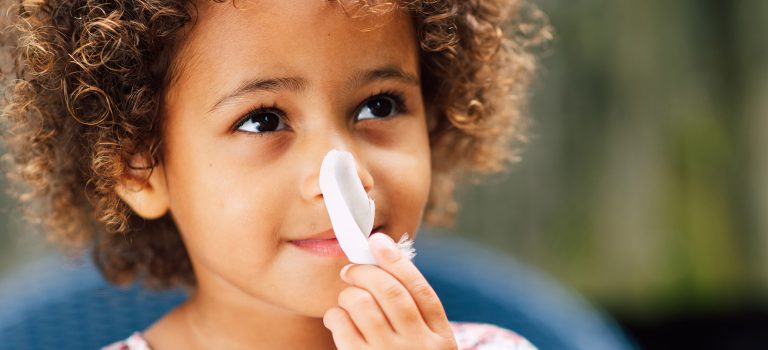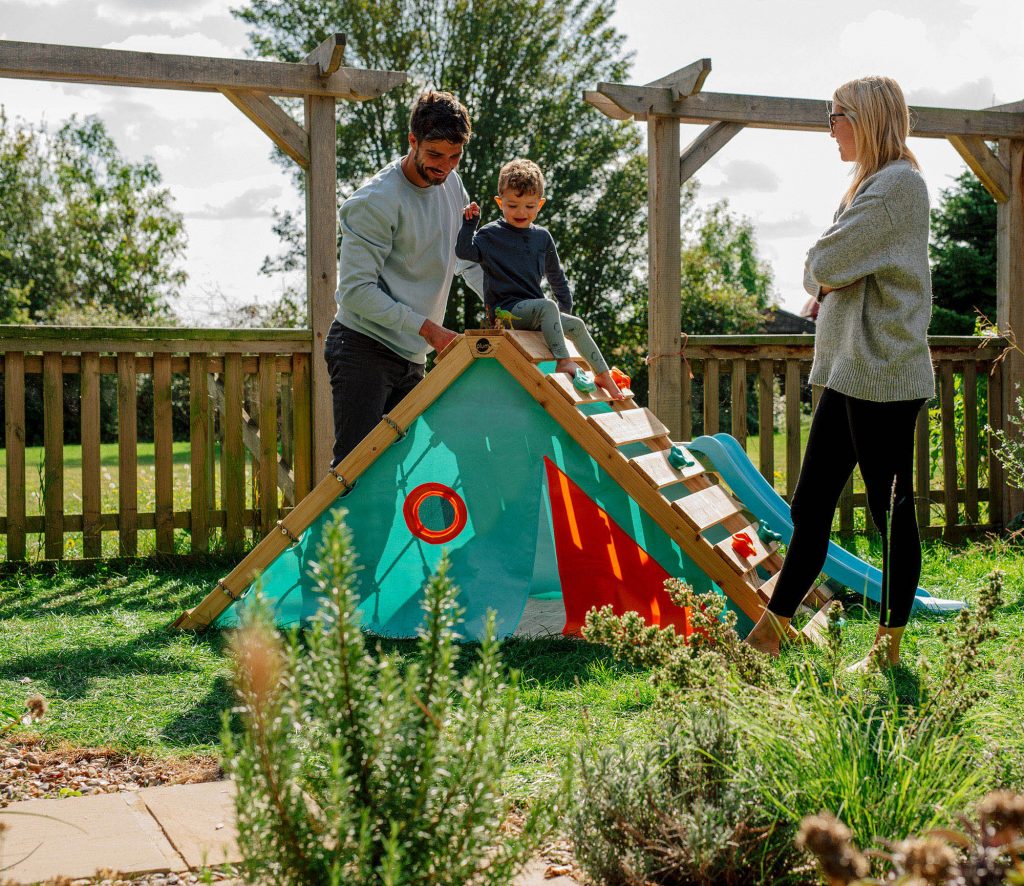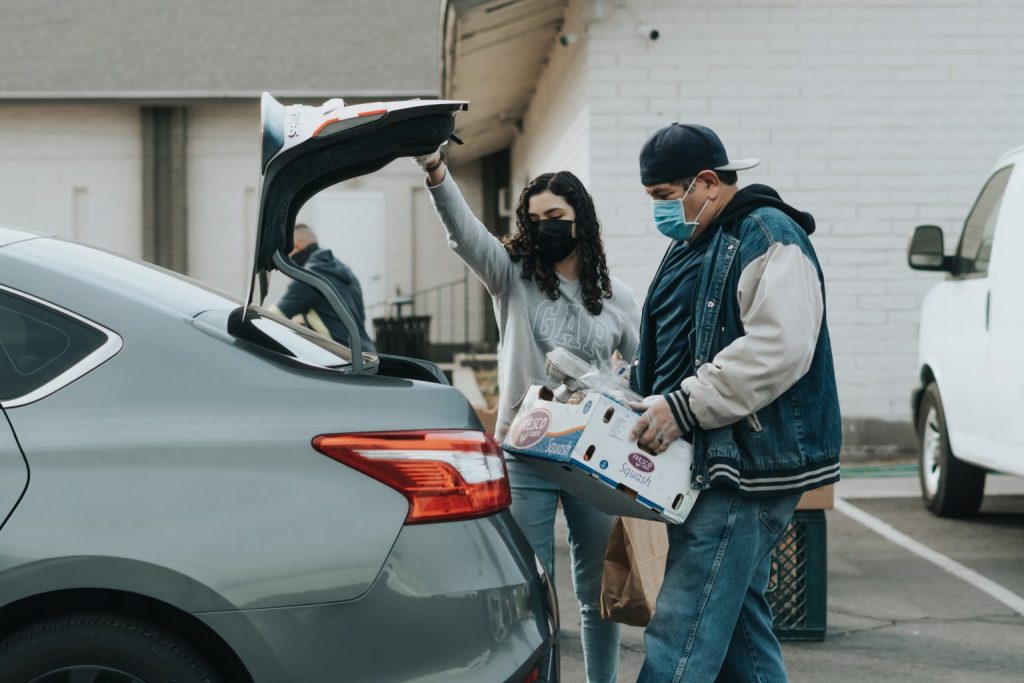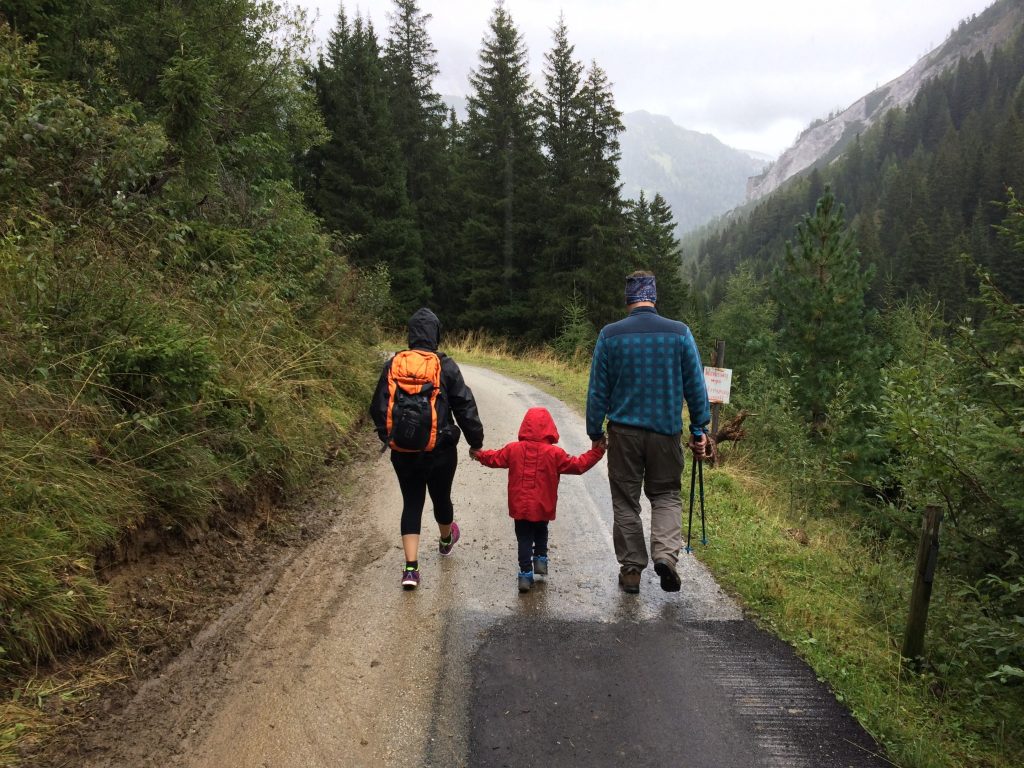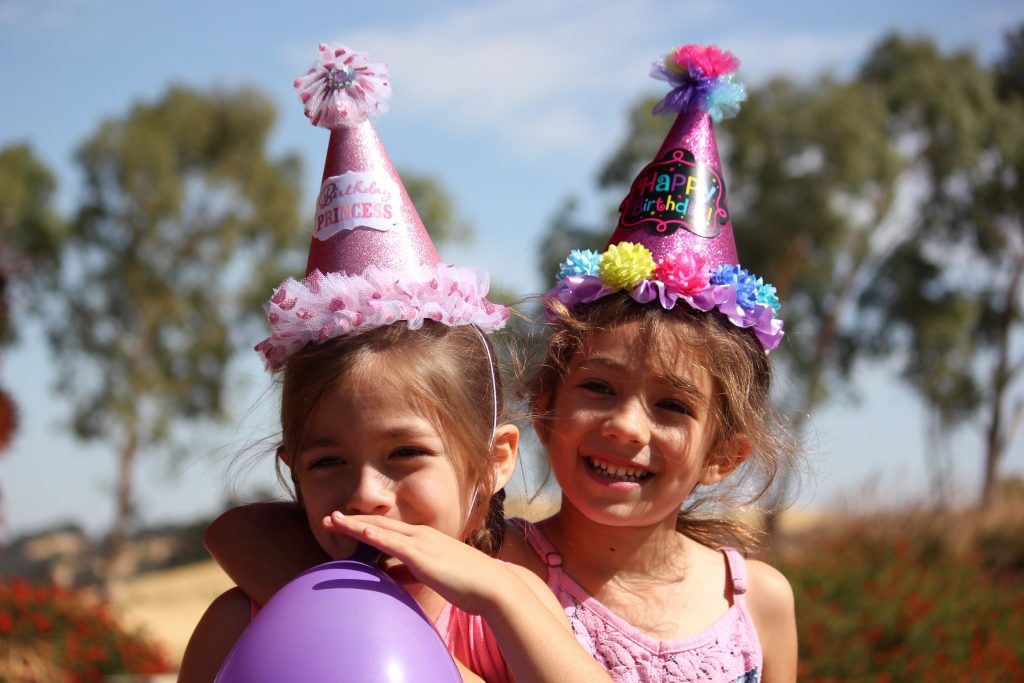‘Health and wellbeing in children and adults are absolutely essential. It is about putting those building blocks in for later life’ – Miss Gee Cartwright, Teacher at White’s Wood Academy, Tall Oaks Academy Trust.
Tall Oaks Academy Trust is an Academy Trust with wellbeing at the heart of its values and central to its mission. So, when we first chatted with them in 2022, we were excited to learn more about wellbeing and mindfulness for children. We recently caught up with Teacher and leader of Tall Oaks Academy Trust’s Ministry of Health & Well-being, Gee Cartwright, to learn more about wellbeing and mindfulness in school and beyond – here’s what we learnt…
What is wellbeing for kids?
Wellness, both physical and mental/emotional, is often referred to as health and wellbeing. This is because the two are linked; physical health can affect mental, and mental can affect physical. So, wellbeing for kids is holistically supporting the child’s physical, psychological, and emotional wellness.
What is mindfulness?
Mindfulness is a concept that allows people to understand themselves and others better, acknowledge their thoughts and feelings and have a positive outlook on their life.
Gee explains that mindfulness is ultimately self-awareness. It’s teaching children to be aware of themselves in the moment. What are they thinking? What are they feeling? Being able to understand their emotions and their thoughts.
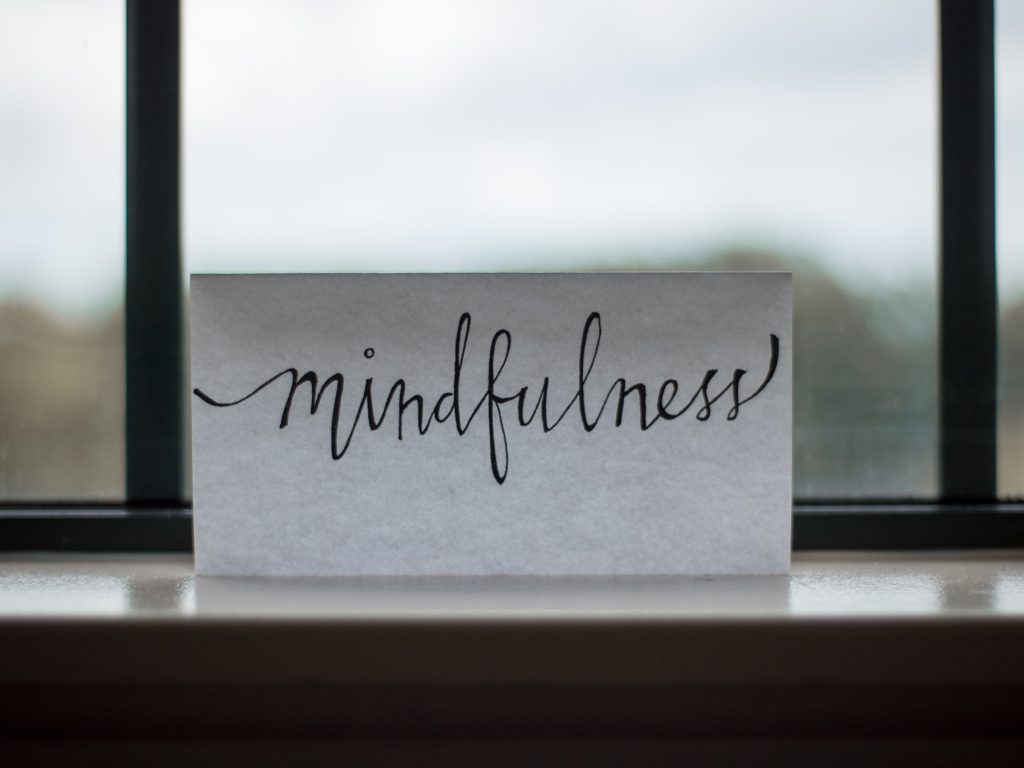
What is the importance of positive wellbeing and mindfulness for children?
Incorporating opportunities for positive wellbeing and aspects of mindfulness into your child’s life can help them form a solid foundation for later life. Mindfulness benefits can include assisting children in learning to regulate their emotions and become more self-resilient and happier.
Read on as we delve deeper into some of the benefits of mindfulness and positive wellbeing for children.
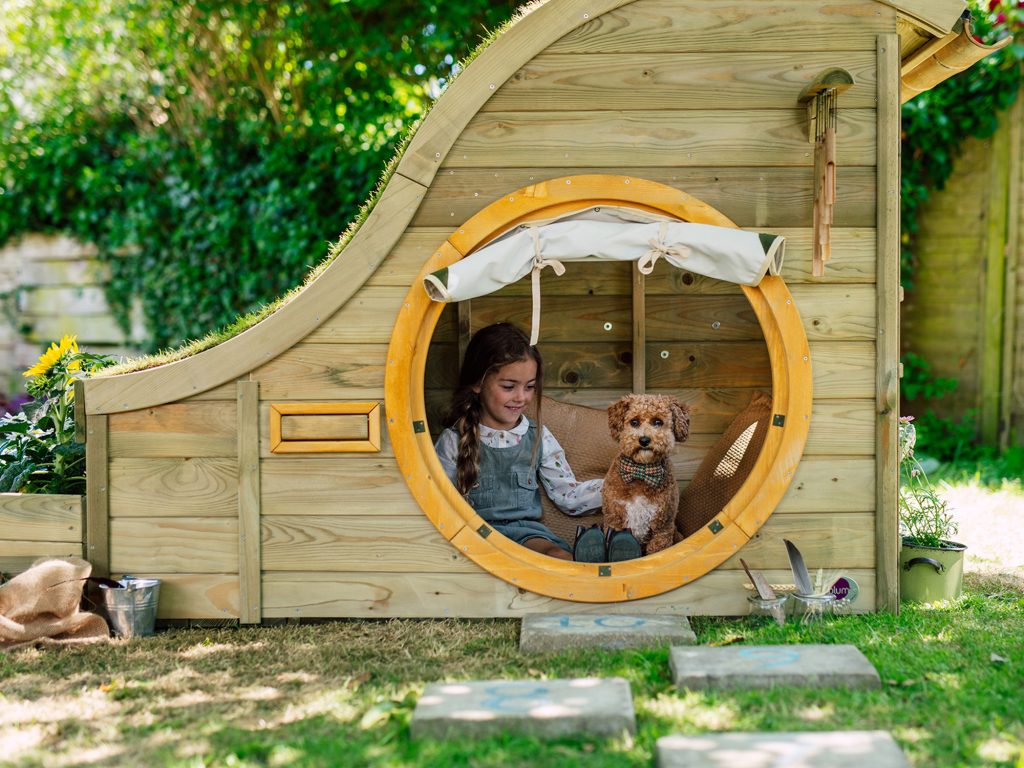
Regulating Emotions
Gee outlines that mindfulness for kids equips children with emotional literacy and allows them to communicate successfully with the world around them.
Children can learn to manage stress and emotions by incorporating mindfulness into their day. Gee emphasises the importance of adults being positive role models for their children and demonstrating good mindfulness practices.
A simple way to do this would be for parents to ask their children how their day went and how it made them feel. Mindfulness practices are essential for children as they can help them focus on their feelings and thoughts without judgement, promoting more self-awareness of their emotions and how to manage them.
Gee states that role play is great for this. ‘For children, role play lets them express feelings they might have. That they might not be able to explain easily.’ They might be able to show you a situation or how they’re feeling by taking on a role in a pretend play scenario.
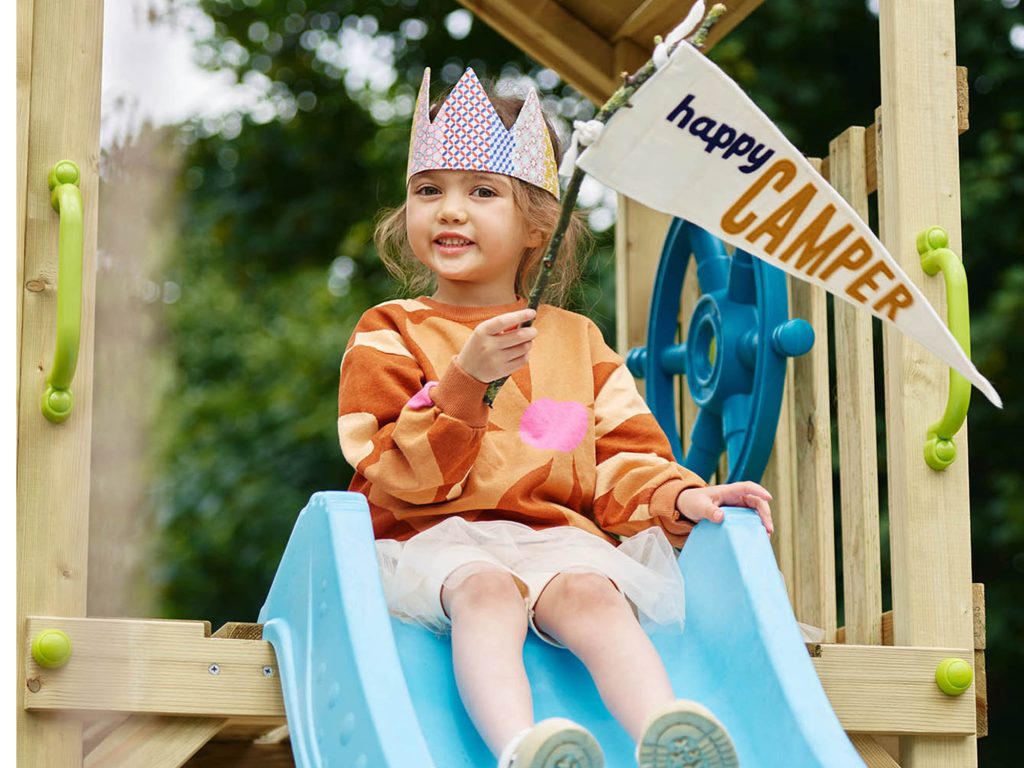
Compassion and Care
Children can become more compassionate and kinder towards others by having a greater awareness of emotions and feelings.
For example, by being aware of what makes them happy and what makes them feel sad, children can show empathy towards others when they might be feeling the same way. This can help children to form friendships and feel good for helping others.
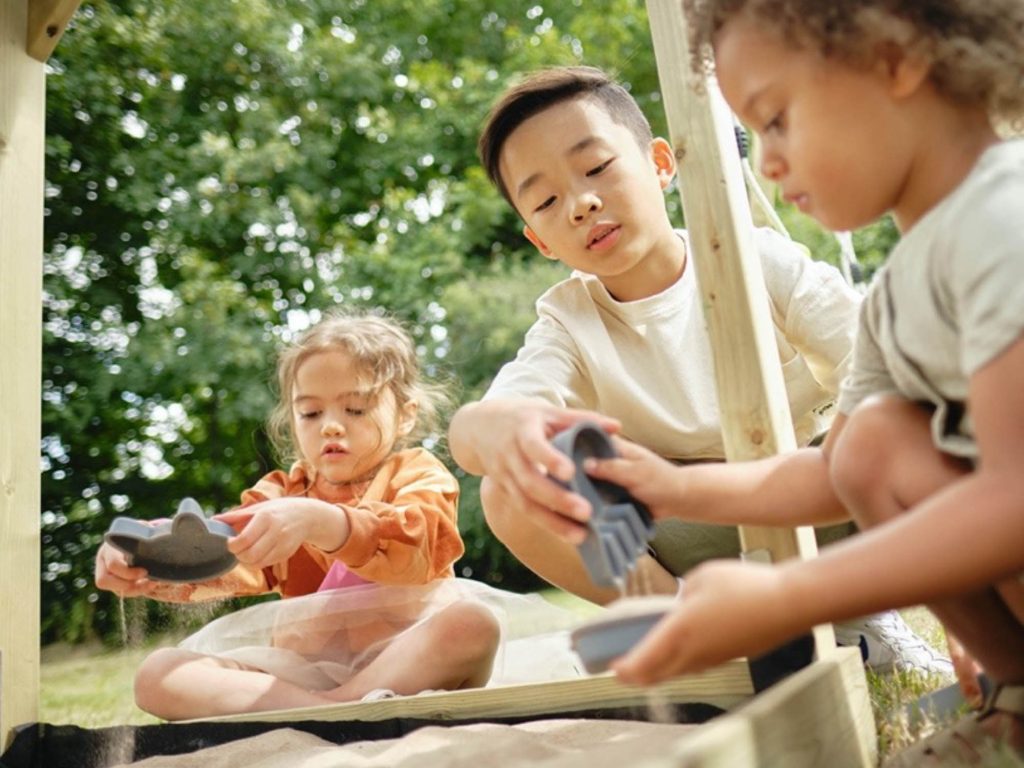
Improved Cognitive Skills
Simple mindfulness activities, like meditation or deep breathing, can help children to focus on the present moment and have a calm mind. This can encourage a whole host of cognitive benefits, from being able to concentrate better on tasks, problem-solving and memory function, all great for active growing minds!
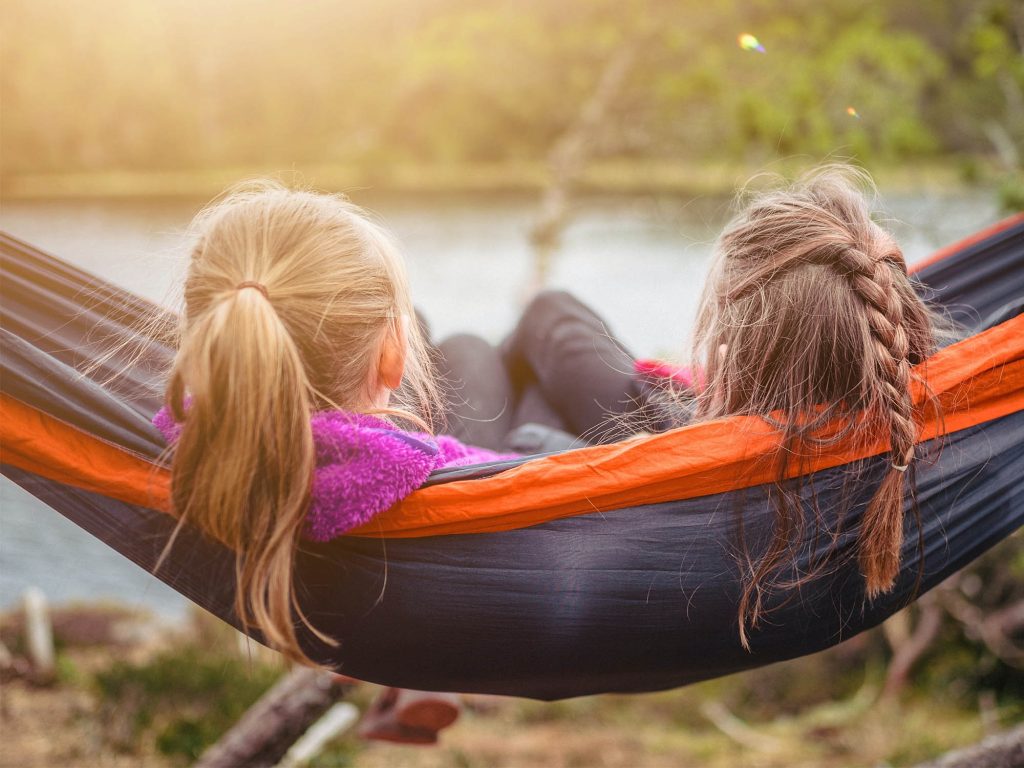
Better Sleep
Having a calmer mind can also promote better sleep. Mindfulness can clear those distractions and relax children’s minds to prepare for night time.
From a young age, one of the key aspects of mindfulness is having those conversations with your kids about how they are feeling right now. What are they thinking? Why are they thinking and feeling those things? What do we need to do? And again, the importance of adults modelling that.
For example, chat with your child about how if we feel tired, it’s essential to have a good night’s sleep to feel good and ready for the next day. Now, this doesn’t always mean that your little one will have the perfect night’s sleep, but it does mean that they know they can feel comfortable with you talking about how they are feeling.
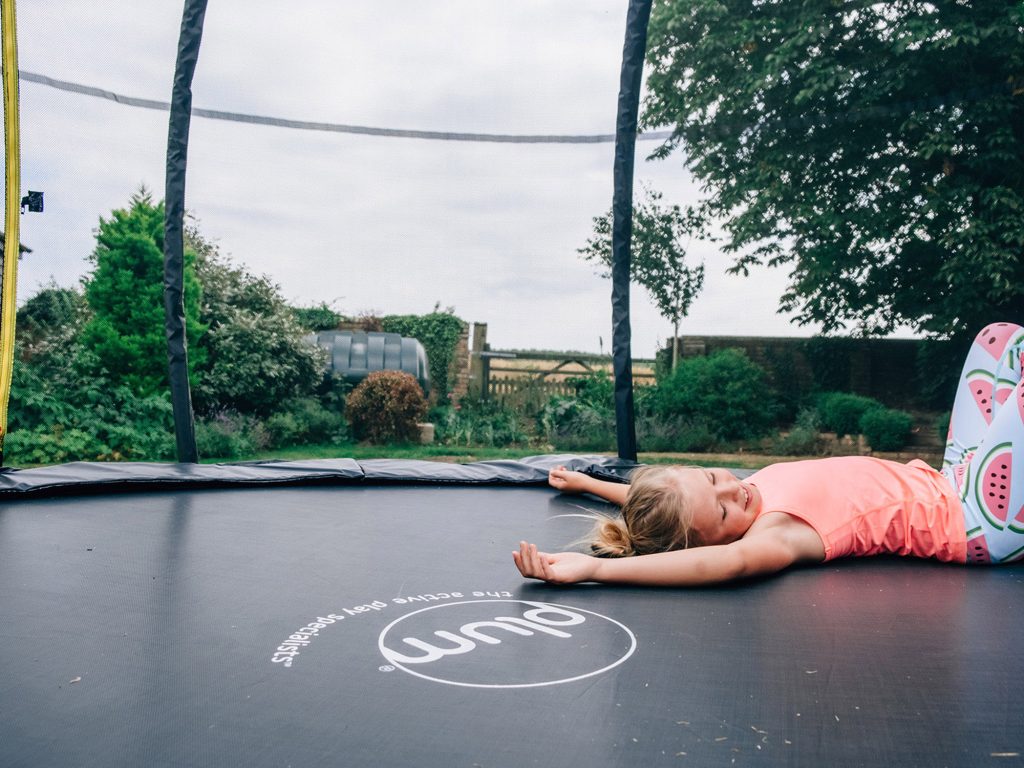
Increase Communication Skills
Children need social and communication skills to make friends and build positive relationships with others, so they are essential for child development.
Activities for wellbeing don’t have to be complicated. Simple tasks, such as helping to plant vegetables or herbs and tend to them, can help to teach children about healthy eating and aid the development of fine and gross motor skills, which, of course, can positively impact their physical development.
At Tall Oaks Academy Trust, they have started work on a nature area. Gee explains that they decided to also plant things like lavender as this scent can have a calming effect to support wellbeing and encourage mindfulness by engaging the senses.
Activities like gardening also encourage children to communicate about what they are planting and help each other by passing and sharing gardening tools. All these aspects positively impact children’s social skills while also benefiting their wellbeing.
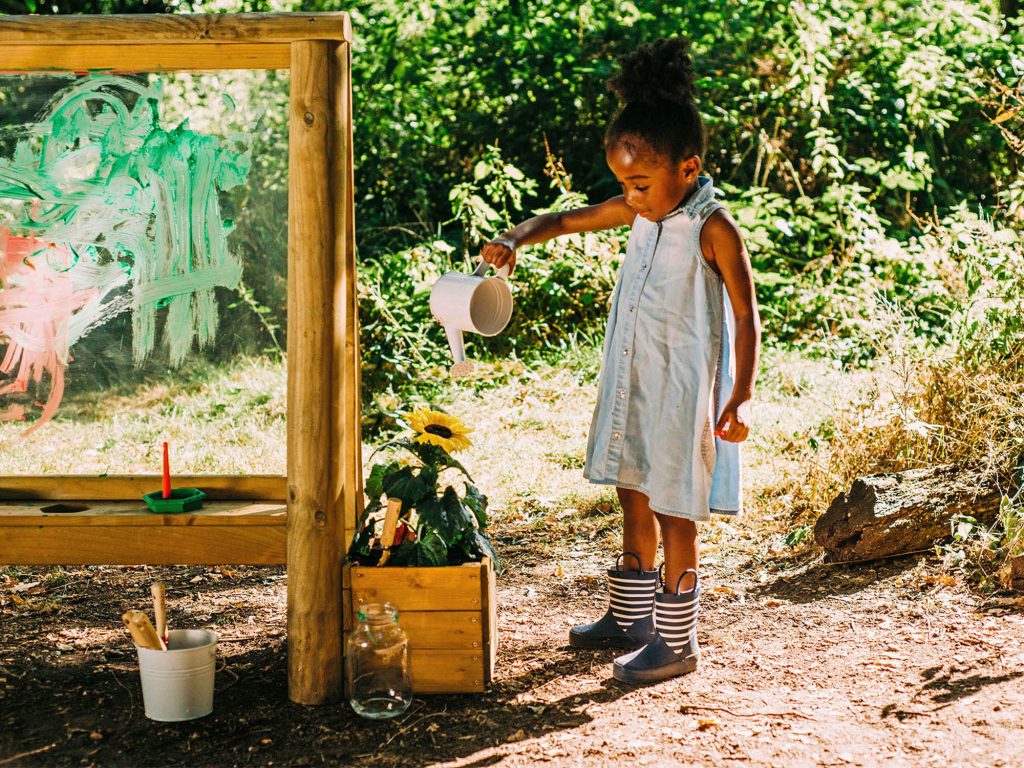
Positive wellbeing and mindfulness have many benefits for you and your child. So, it’s something to consider encouraging more of as part of your little one’s routine.
Thank you for reading part one of our wellbeing and mindfulness for children blog series with Tall Oaks Academy Trust, looking at the key benefits of positive wellbeing and mindfulness for children.

Look out for the next blog post, where we’ll explore further how you can easily encourage positive wellbeing and mindfulness at home and some fun and enriching activities you can try with your kids.
Find out more about Tall Oaks Academy Trust and wellbeing here.

